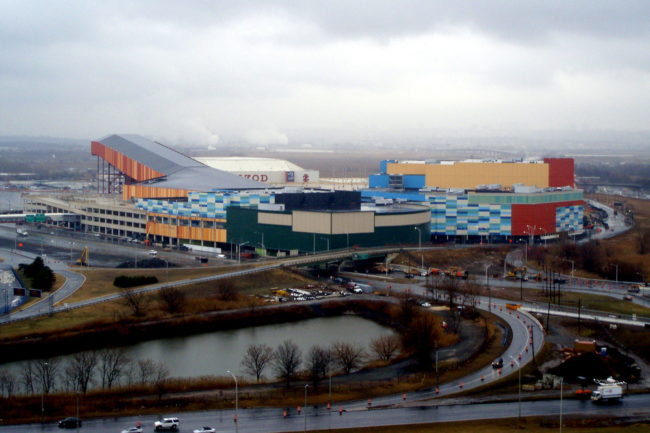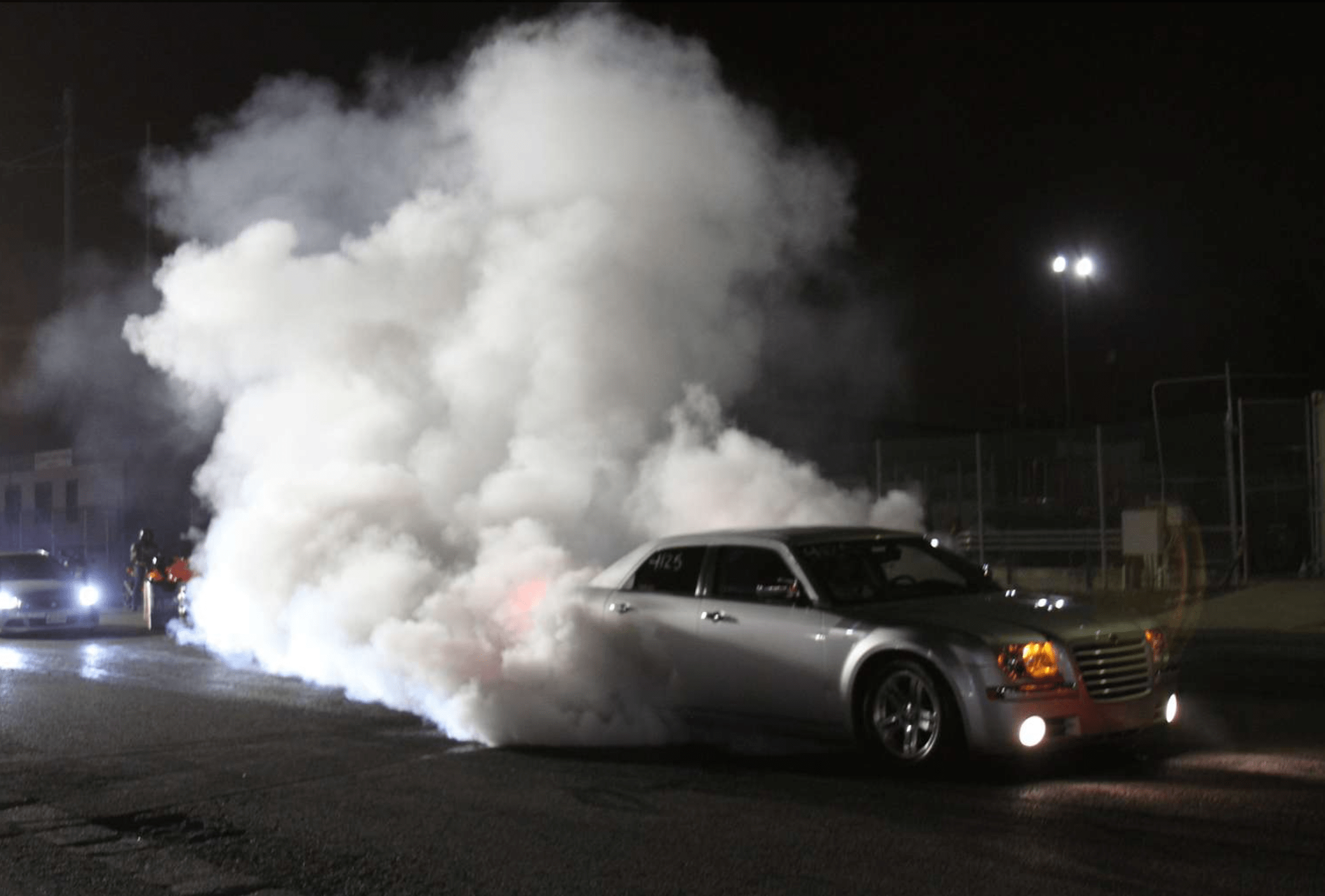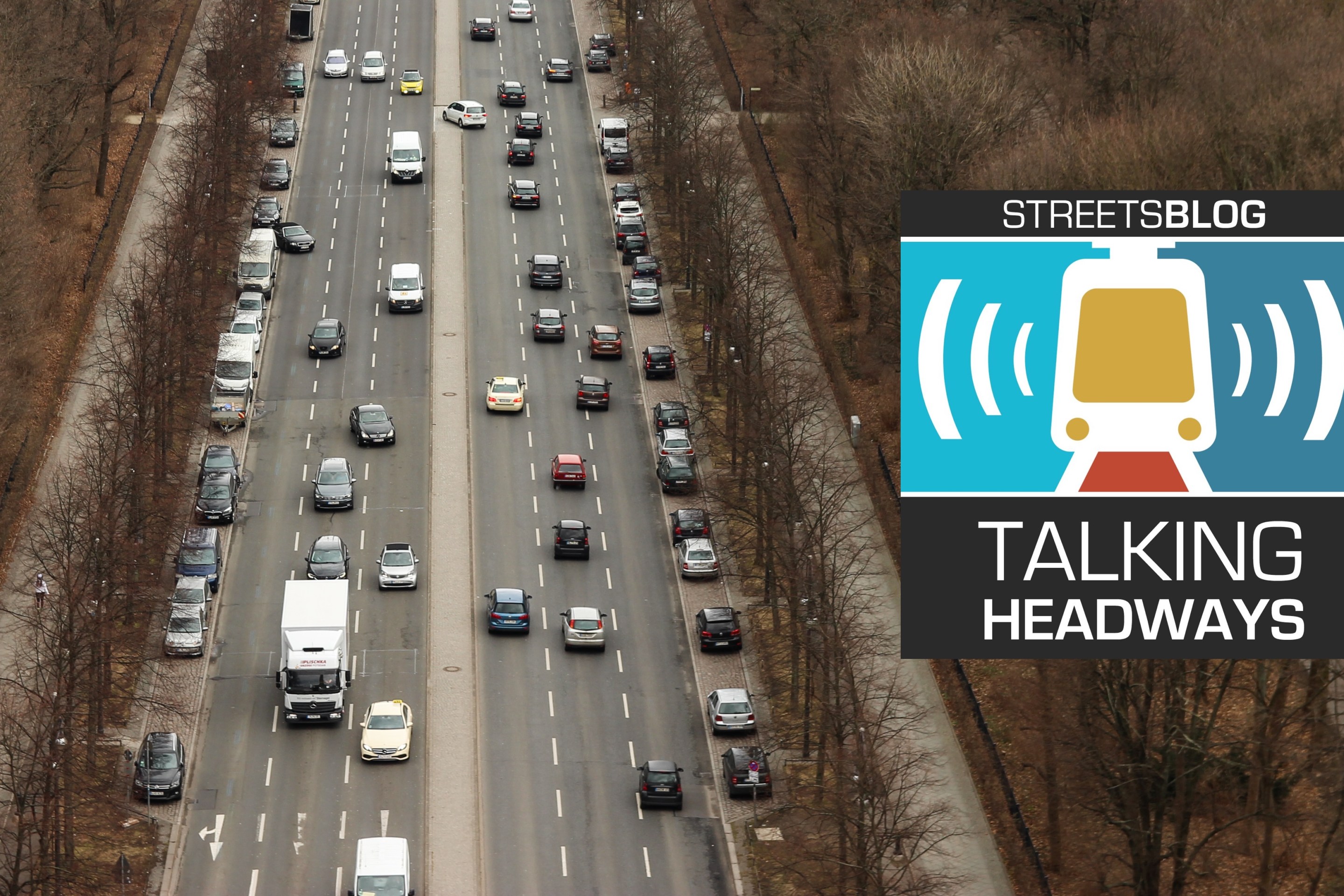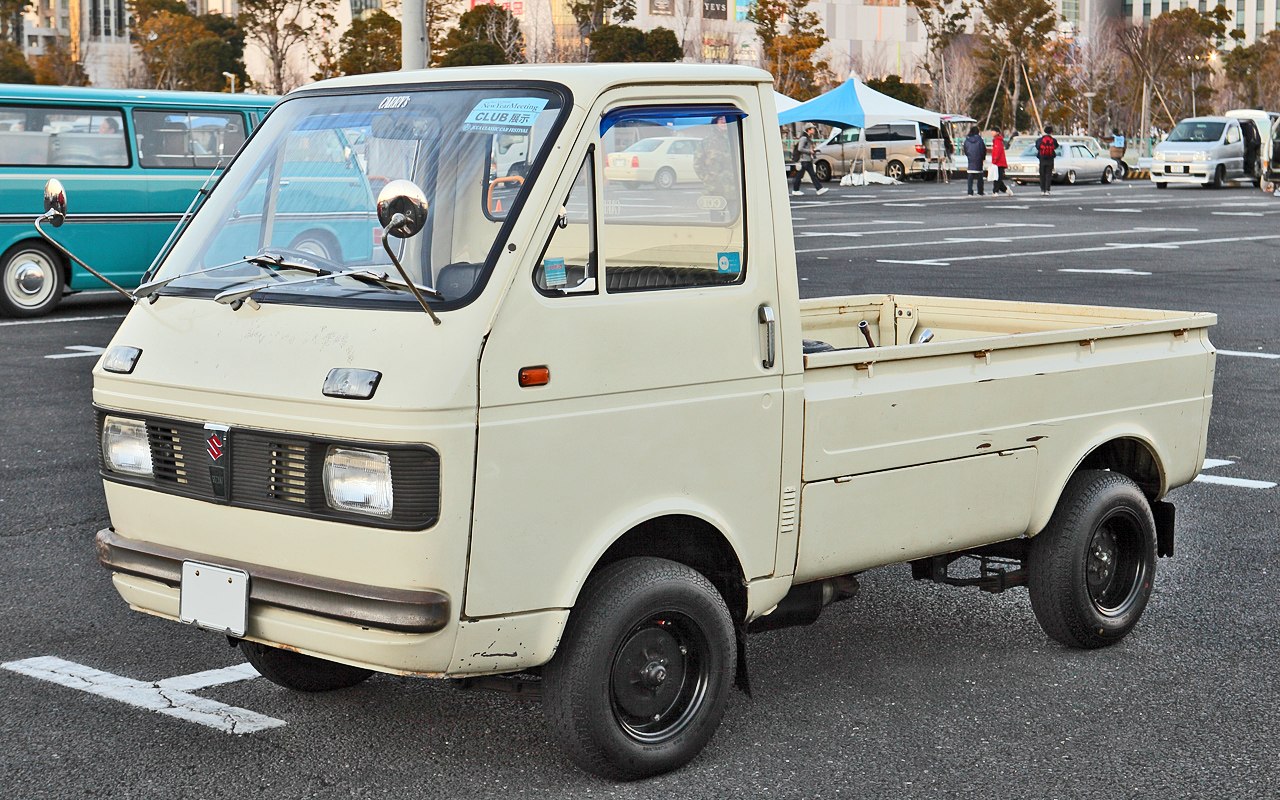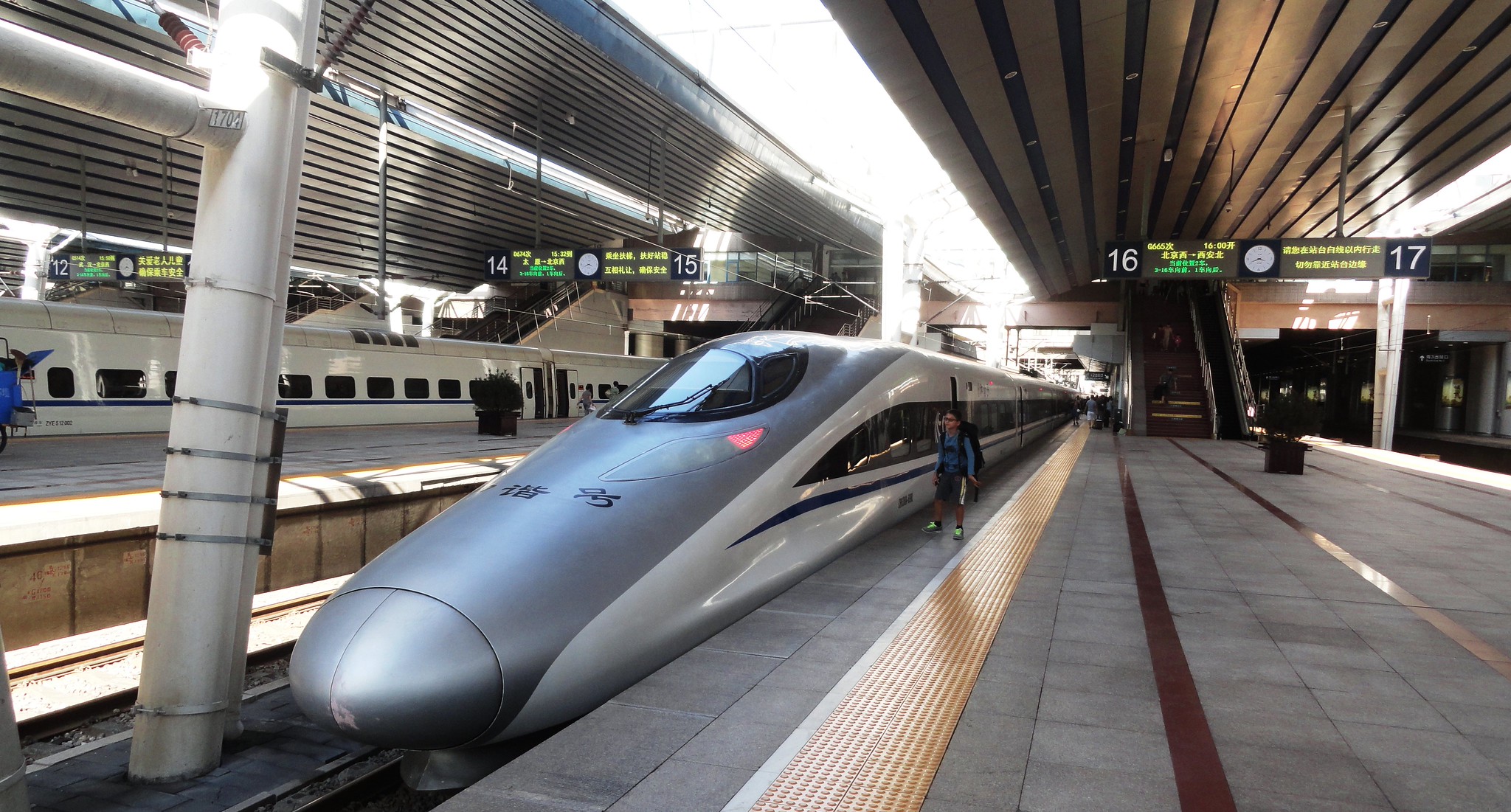Donald Trump plans to spend a trillion dollars on America's infrastructure. Such spending has tantalizing potential to promote long-term growth -- or to facilitate immense corruption and waste, on a scale not previously seen in the U.S. Which of the two is likelier? The answer must be the latter: Trump's actions suggest that cost-effective construction is his last concern, and his first is lining his own pockets.
Infrastructure construction is at its most cost-effective when the government avoids politicizing the process. It can do design in-house using a team of professional experts, but the construction involves bids by private companies, and these bids must be as fair as possible. This is unlikely to happen in a Trump administration. The transition team has been harassing companies in several ways, all of which are likely to lead to more graft and higher costs for the public.
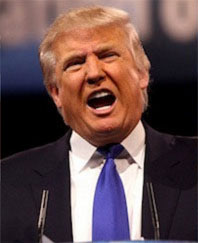
First, Trump reacts poorly to criticism. In response to a media report that Boeing expressed displeasure with his proposals for trade barriers, he threatened to cancel the government's contract with Boeing for a new Air Force One plane. He lashes out at every media outlet that criticizes him, and at union members. He invited many Silicon Valley tech leaders for a meeting about the future of technology, but did not invite anyone from Twitter; The Hill reports that this was because Twitter rejected a $5 million branded hashtag deal with Trump.
A contractor could endure all these humiliations if it was desperate to get work, but the best builders can work for the private sector, and do not need government funding. Trump's bombastic behavior is making it difficult to do business with the government.
Second, beyond showmanship, Trump suggested formal rules for companies that do business with the federal government. The deal to retain Carrier jobs in Indiana was linked to a proposed rule against federal contractors offshoring production to other countries. Such rules may keep jobs in the US in the short run, but in the long run, they ensure that every company that judges it more profitable to offshore will choose not to do business with the federal government.
As a military contractor, Carrier has fewer private-sector options. But civil engineering contractors are often large, multinational corporations: For example, many Second Avenue Subway contracts were won by the Swedish firm Skanska. The more difficult the rules are for them, the more likely they are to just build infrastructure elsewhere.
Third, the Carrier deal itself, in which Carrier got tax breaks in exchange for agreeing to only offshore some of the jobs it wanted to, broadcasts a quid-pro-quo culture. If a company can threaten to offshore jobs and then get rewarded with tax breaks, what is the point of competing with it for contracts? And if a company is on the inside track, why should it bother to bid competitively?
Fourth and finally, the Trump transition team is displaying the same pay-to-play behavior that the media criticized the Clintons for during the election campaign. Foreign diplomats stay at Trump's hotel when they visit Washington in order to curry favor. People can pay to meet with Ivanka. As with the quid-pro-quo nature of the Carrier deal, this makes it harder for contractors to compete on cost and quality, and raises the cost of doing business with the government.
Political interference has already raised U.S. costs: Last year, Senator Chuck Schumer, now the incoming minority leader, prematurely announced that Amtrak had chosen Alstom for its new high-speed rolling stock order, to be manufactured at Alstom's factory in Hornell, New York. The order itself is about twice as expensive per train as comparable orders in Europe. There are several reasons behind this, but Schumer's choice to interfere with the bid process to announce new jobs in upstate New York is one of them. Perhaps Schumer's preference for wheel-greasing over good government explains why he's so eager to work with Trump on infrastructure projects.
Infrastructure construction in the U.S. costs several times as much as in peer countries. And within the U.S., New York stands out for its expensive subways, which cost as much as 20 times more than is typical in other developed countries. The most promising explanation behind this phenomenon, offered by the Metropolitan Transportation Authority itself in 2010, mentions the difficult operating environment:
Our partners in the contracting community tell us that they are forced to charge more for our projects to protect against the perceived risks of working with the MTA.
This is not just the physical environment, but also the legal and political environment. New York State procurement law requires public agencies to accept the lowest bid. To deter dishonest or incompetent builders from skimping, public agencies have exacting requirements, but the red tape involved only leads to higher costs and lower quality.
Trump is not very interested in making or following rules, so red tape is unlikely. But the ways he bullies everyone he comes across have the same effect. He can intimidate shoddy contractors into doing as he says. But the effect of such intimidation on the no-nonsense construction companies the U.S. should want to do business with is to deter them from bidding, driving up costs.
The higher costs that a Trump-branded infrastructure plan would lead to would not go to the workers. When contractors bid high because of political and legal risk, they don't share the money with their employees; the money goes to the bottom line. Extra fees coming from pay-to-play would go directly to the Trump family. Such is the way of corruption: Someone always benefits, but it is never the public.
